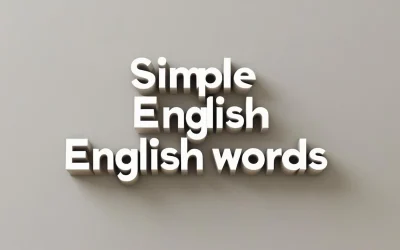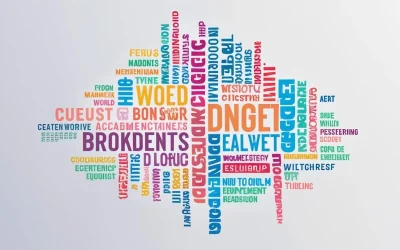Online banking is fantastic. It is convenient and incredibly time-saving to organize your money from the convenience of your home or office. However, there are instances when going to the bank is preferable, and if you reside in an English-speaking nation or are traveling there, it’s crucial to know just what to say. Make sure you can complete these tasks the next time you visit a bank in English by using our fast guide.
In 2024, knowing how to communicate effectively when going to the bank is essential for smooth transactions and interactions. Here are some key phrases and vocabulary for handling common banking situations:
Open an account
You must first open an account with a bank in order to save money there. The two primary account types are savings accounts, where you might need to give more notice if you want to access your money, and current accounts, which give you rapid access to your money in the UK or the US. You might need to speak with a personal banker who can assist you fill out the paperwork and verify your identity in order to open an account. Additionally, you might want to enquire about bank fees and interest rates to learn how much you will pay for using the account and how much you will make on your money.
Make a deposit
You can wait in line to speak with a cashier (in the US) or teller if you already have a bank account and wish to add money to it (UK). While you wait, complete a paying-in/deposit slip, or request assistance from the teller or cashier. You might inform them that you would like to make a deposit or that you would like to pay this into your account. You can say “I’d want to make a wire transfer” to send money to someone else’s account. Afterward, provide the information for the account where you want to transfer the funds.
Withdraw cash
You must mention “I’d like to withdraw (amount)” or “I’d like to take out (amount)” in order to receive money from your account. The teller will frequently ask, “How would you like it?” To which you can respond, “Could I have that in 10-dollar bills?” or “Could I have that in coins?” Could I please have that in 10-pound notes? (US) (UK). It’s frequently more convenient to withdraw cash from an ATM using a cash card or debit card (Automatic teller machine).
Exchange money
When we travel, we frequently need to convert the cash we brought with us for local currency. This can be done at a bank counter or a bureau de change (for US cash) (UK). Ask “What is the exchange rate for pounds to US dollars?” and perform the arithmetic yourself before exchanging money, or ask “What is 100 pounds worth in US dollars?” to have the teller calculate the exact value for you.
Take out a loan
If you want to borrow money from the bank, you can say to a personal banker “I’d like to take out a loan.” Then you can arrange what interest rate you will pay (the percentage of the money you will be charged for borrowing it) and the term or period of the loan (how long you will have to pay it back). There are three main types of loan: an unsecured loan is one where the bank lends you money because they trust you will pay it back, a secured loan is one where the borrower offers something that the bank can take if he or she is unable to pay back the loan, and a mortgage is a special loan for buying a home which is usually paid back over a longer period.
Those are the main tasks you will need to do in a bank in English. Remember, the bank staff are there to help you so don’t be afraid to ask them if there are any expressions you don’t understand. Banking in English isn’t difficult and once you know the vocabulary above, you’ll be able to stop worrying about speaking English and concentrate on getting the best deal!
What is your English level?
Find out your A1 A2 B1 B2 C1 C2 level of English with our online test and receive your English certificate.
I am Nilay, an experienced English Language Assessment Director at the International English Test, where I have been working full-time since February 2020. I specialize in helping people worldwide validate their English proficiency through comprehensive assessments and certifications.
Before joining the International English Test, I worked as a self-employed English Language Assessment Consultant from January 2015 to December 2019. During this time, I assisted companies and individuals in improving their language skills, helping them achieve their academic and professional goals.
I hold a degree in Engineering and have also studied at Shafston International College in Australia. My educational background has equipped me with the tools to make a meaningful impact in the field of English language learning. Additionally, I enjoy sharing my expertise through articles that explore effective teaching methods and language assessment strategies, contributing to the International English Test and the broader assessment community.




